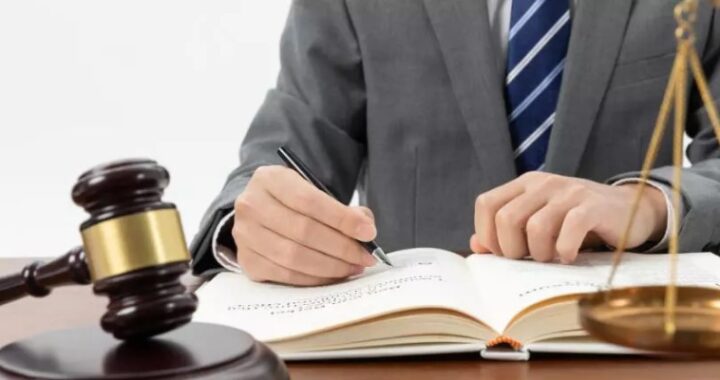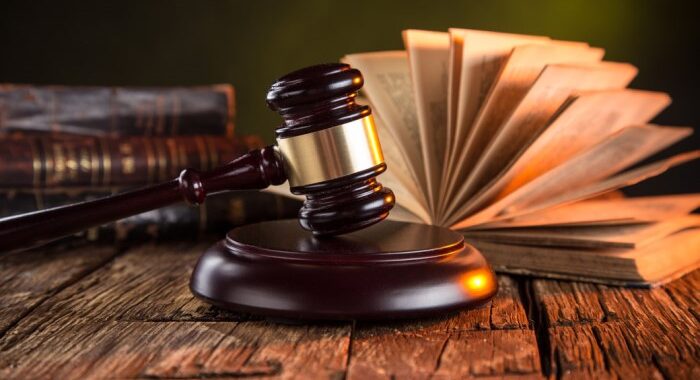Hardrock 100 Lawsuit: What You Need to Know

The Hardrock 100 is one of the most prestigious and challenging ultramarathons in the world. It’s a 100.5-mile loop through the San Juan Mountains of Colorado, with over 33,000 feet of elevation gain. The race is limited to 145 runners, and entry is by lottery.
In 2016, a runner named Jeff Denberg filed a lawsuit against the Hardrock 100, alleging that the lottery system was unfair and deceptive. Denberg claimed that the race organizers had misrepresented the odds of winning the lottery, and that they had allowed certain runners to enter the race outside of the lottery system.
The Hardrock 100 denied all of Denberg’s allegations, and the lawsuit was eventually dismissed. However, the lawsuit raised important questions about the fairness and transparency of the Hardrock lottery system.
What are the main arguments in the Hardrock 100 lawsuit?
Denberg’s lawsuit made several main arguments:
- The Hardrock lottery system is illegal because it does not have a gaming license.
- The race organizers have misrepresented the odds of winning the lottery.
- The race organizers have allowed certain runners to enter the race outside of the lottery system.
What are the arguments in the Hardrock 100’s defense?
The Hardrock 100 has denied all of Denberg’s allegations. The race organizers argue that the lottery system is fair and transparent, and that they have not misrepresented the odds of winning. They also argue that the runners who entered the race outside of the lottery system did so because they had previously volunteered at the race.
What is the current status of the Hardrock 100 lawsuit?
The Hardrock 100 lawsuit was dismissed in 2017. However, the lawsuit raised important questions about the fairness and transparency of the Hardrock lottery system. The race organizers have since made some changes to the lottery system, but it remains to be seen whether these changes will be enough to address the concerns raised in the lawsuit.
Conclusion
The Hardrock 100 is a world-renowned ultramarathon, but its lottery system has been the subject of controversy. In 2016, a runner named Jeff Denberg filed a lawsuit against the Hardrock 100, alleging that the lottery system was unfair and deceptive. The lawsuit was eventually dismissed, but it raised important questions about the fairness and transparency of the Hardrock lottery system.
FAQs
Q: What are the odds of winning the Hardrock 100 lottery?
A: The odds of winning the Hardrock 100 lottery vary depending on the number of applicants and the number of available spots. In 2023, there were 1,966 applicants for 145 spots, so the odds of winning were about 7.3%.
Q: How does the Hardrock 100 lottery work?
A: The Hardrock 100 lottery is a three-tiered system. Runners are placed in one of three categories: veterans (runners who have completed the race at least five times), newcomers (runners who have never run the race before), and everyone else. Each category is allocated a certain number of spots in the lottery.
Q: Can I enter the Hardrock 100 outside of the lottery?
A: Yes, there are a few ways to enter the Hardrock 100 outside of the lottery. One way is to volunteer at the race. Another way is to win a spot through a qualifying race.
Q: Is the Hardrock 100 lottery fair?
A: The fairness of the Hardrock 100 lottery is a matter of opinion. Some people believe that the lottery system is fair because it gives everyone a chance to win a spot. Others believe that the lottery system is unfair because it favors runners who have already completed the race or who have volunteered at the race.
Q: What changes has the Hardrock 100 made to its lottery system since the lawsuit?
A: The Hardrock 100 has made a few changes to its lottery system since the lawsuit. One change is that the race organizers now publish more information about the lottery system, including the odds of winning for each category. The race organizers have also made it easier for runners to volunteer for the race.
Q: What is the future of the Hardrock 100 lottery system?
A: The future of the Hardrock 100 lottery system is uncertain. It is possible that the race organizers will make further changes to the lottery system in response to the lawsuit.
Impact of the Hardrock 100 lawsuit
The Hardrock 100 lawsuit has had a number of impacts on the race and the ultramarathon community as a whole.
- Increased transparency and accountability
The lawsuit forced the Hardrock 100 organizers to be more transparent and accountable about their lottery system. They now publish more information about the lottery system, including the odds of winning for each category. They have also made it easier for runners to volunteer for the race.
- Increased scrutiny of other ultramarathons
The Hardrock 100 lawsuit has also led to increased scrutiny of other ultramarathons and their lottery systems. Some other ultramarathons have made changes to their lottery systems in response to the lawsuit.
- Increased awareness of the challenges of ultramarathons
The lawsuit has also raised awareness of the challenges of ultramarathons. Ultramarathons are physically and mentally demanding, and they can be dangerous. The lawsuit has reminded the ultramarathon community of the importance of safety and sportsmanship.
Conclusion
The Hardrock 100 lawsuit was a significant event in the ultramarathon community. It raised important questions about the fairness and transparency of ultramarathon lottery systems. The lawsuit also forced the Hardrock 100 organizers and other ultramarathon organizers to be more transparent and accountable. The lawsuit also raised awareness of the challenges of ultramarathons.
Overall, the Hardrock 100 lawsuit has had a positive impact on the ultramarathon community. It has made the ultramarathon community more aware of the challenges of ultramarathons, and it has forced ultramarathon organizers to be more transparent and accountable.

 NIO Class Action Lawsuit
NIO Class Action Lawsuit  Nine Energy Lawsuit
Nine Energy Lawsuit  Nikola Class Action Lawsuit
Nikola Class Action Lawsuit  Nicole Arbour Lawsuit
Nicole Arbour Lawsuit  Nichiha Siding Lawsuit
Nichiha Siding Lawsuit  Nibco Pex Lawsuit 2022
Nibco Pex Lawsuit 2022  Motorcycle Accident Investigation: What to Expect from Your Lawyer
Motorcycle Accident Investigation: What to Expect from Your Lawyer  Peace of Mind After a Nightmare: Truck Accident Law and Your Well-Being
Peace of Mind After a Nightmare: Truck Accident Law and Your Well-Being  Know Your Rights: A Legal Guide to Abuse Laws in India
Know Your Rights: A Legal Guide to Abuse Laws in India